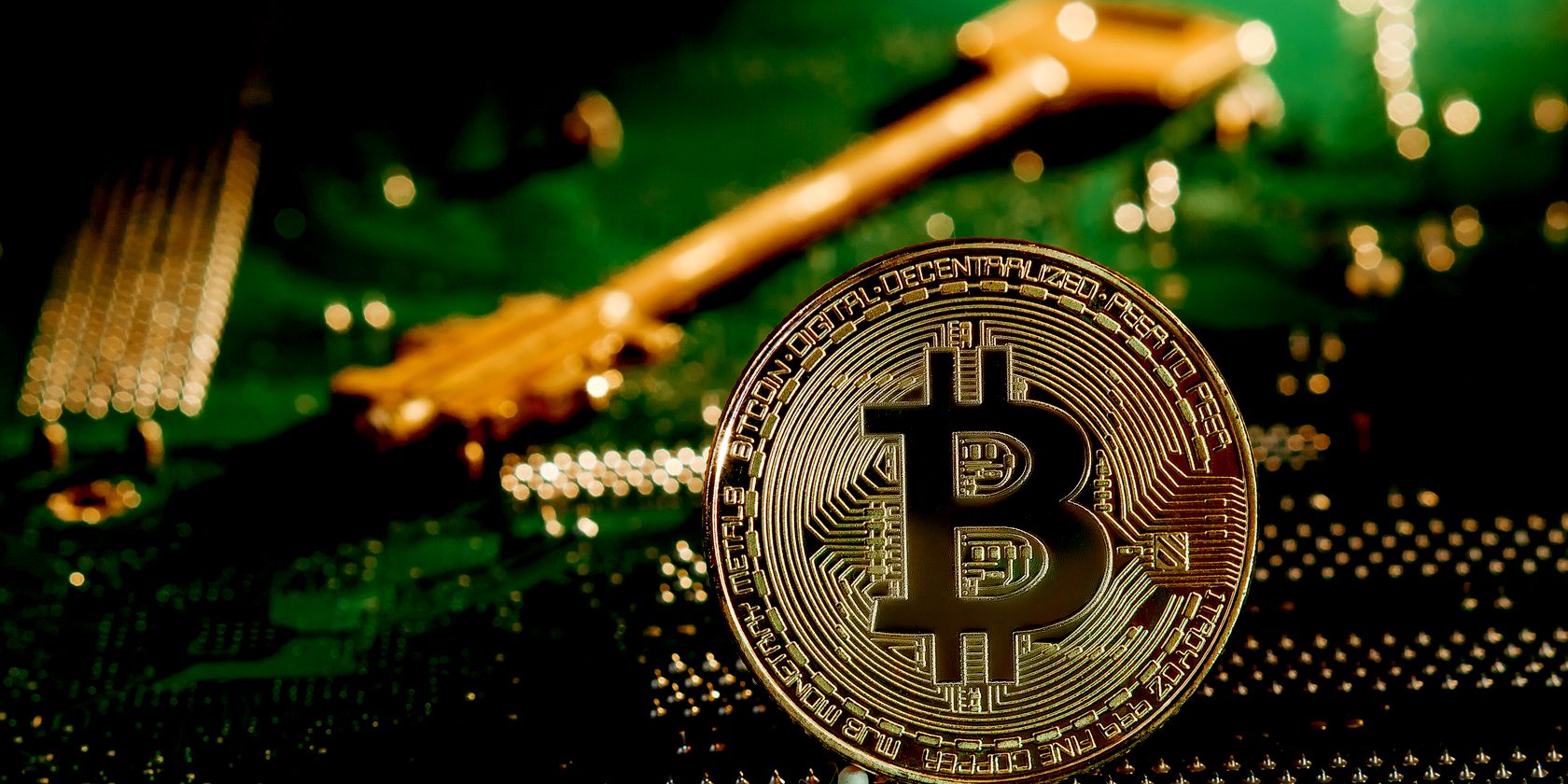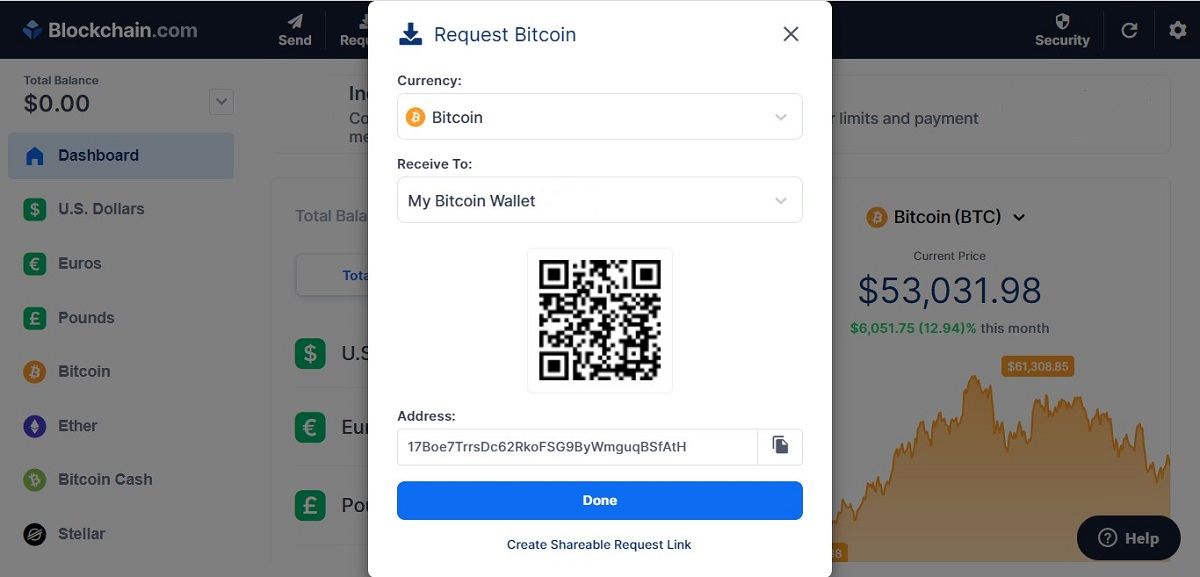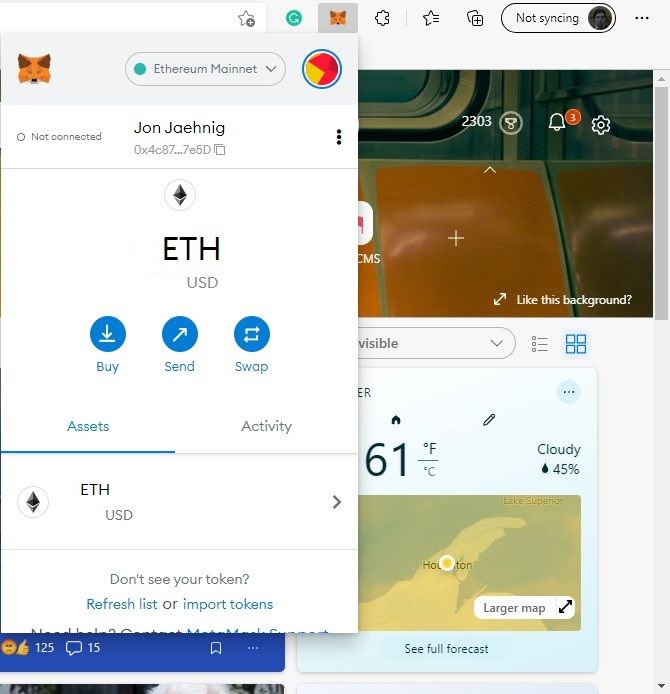If you have cryptocurrency, you need to deal with keys. But, what are the keys? What do they do? Why is there more than one key for a single account? How and why should they be treated differently? There's a lot to keep track of, but it doesn't have to be as complicated as it might seem at first.
Why Does My Account Have So Many Keys?
In the physical world, keys unlock things, and it's as simple as that. In the digital world, things can be a little more complex.
Cryptocurrency wallets are built on "asymmetric-key cryptography." In this cybersecurity system, one account has two keys: one "public key" and one "private key."
Your Account's "Private Key"
Your account has a "private key" that you need to access the account and withdraw funds. It is usually a series of alphanumeric characters. You need to keep this key to yourself. If anyone has access to your private key, they can clear out your account.
This should be treated like a bank account number or social security number. Most cryptocurrency platforms don't even know what your keys are and make a point of telling you straight away that they will never ask for your keys. If anyone asks for your private key, don't give it to them, it's as simple as that.
Your private key is not the same as your "seed phrase" or "recovery phrase." This is usually a series of randomly generated words that offers more limited access to your account and may be required to link applications to your crypto wallet.
While you shouldn't be too fast and loose with your seed phrase, you will need to use it more often than your private key, depending on how you use your wallet. We'll get back to this idea later when we talk about managing your account info.
Your Account's Public Key
Your account also has a "public key," though some platforms will call this your "address." You need to share your public key with anyone who will put anything in your wallet—usually either cryptocurrency or an NFT.
Have you ever been annoyed that you needed to sign a check instead of the bank just letting other people put money into your account? The public key lets other people simply put money into your account. As we'll see, this has its benefits and its drawbacks.
Why Don't I Have Keys?
There's a chance that you're reading this and thinking, "I don't know what my keys are. I don't remember having gotten keys."
Wallets that don't give you a private key, or even a public key, are called "custodial wallets." There are benefits to custodial wallets, like the fact that it's impossible to lose your keys. However, the wallet host is the one that really owns that crypto; they just owe you the cash equivalent of the crypto that they hold on your behalf.
Crypto advocates like to say, "not your keys, not your coins." What they mean by this is that custodial wallets, while convenient, take some power away from the holder.
For example, PayPal offers a custodial wallet feature. If PayPal wanted to get out of the crypto game, they could (theoretically) refund you money equaling the crypto in the account and sell all of the coins without your approval.
How to Use Your Codes and Keys
Public keys, private keys, seed phrases—you have all of these codes and keys for a reason. To safely and productively manage your cryptocurrency accounts, you need to use them all, and they do all work differently.
How to Manage Private Keys
You have to keep your private keys safe. After all, you can't just reset your keys like you can reset a password.
Some people do commit their private keys to memory, but it's a good idea to keep a copy somewhere just in case. You may also want to let someone else know where the physical copy of your private key is stored so that your tokens aren't locked away forever in the event that something happens to you.
You can keep your private keys digitally stored using a service like a password manager, but the safest thing to do is keep a physical copy. Store it somewhere safe in your home, like a firebox, or even in a safe deposit box in the bank.
How to Manage Public Keys
As we've said, you can be less careful with your public keys. In fact, your public key is a lot easier to share—it might be a link that you can copy and paste or even a QR code that you can print off.
Some people put their public keys in places like social media bios so that people can simply deposit funds in their wallets. Businesses that accept crypto may also have a QR code to their wallet so that customers can quickly and easily pay with their smartphones.
The only real flaw with this is that it opens the door for bad actors to deposit ill-gotten gains into your account. That's why banks require your authorization to deposit money from someone else.
Fortunately, crypto is more transparent than cash, so it's easy for you to see where the money came from if anyone does something like this. If you see money appear in your account that you weren't expecting, report it.
How to Use Your Recovery Phrase
How often you dust off your recovery phrase depends on how you use your crypto wallet.
The most common use for a recovery phrase is signing into an account in the event that you forget your password. Remember, though, whether you remember your password or use your recovery phrase to get in, having access to your account still won't get you access to your funds if you lose your private keys.
Some wallets can connect to other platforms and services to allow you to check out from online vendors with your crypto more easily, or buy, sell, and use NFTs. These integrations may require your recovery phrase.
For example, you need your recovery phrase the first time you connect the MetaMask browser extension, which gets you into platforms like Ready Player Me and Open Sea more easily.
Keep it Secret or Keep it Safe
If you keep all of your keys and phrases laser-etched in washers buried in the backyard, you'll miss out on a lot of what crypto has to offer. You shouldn't share your private keys with anyone, but some of your other crypto account info is meant to be shared.



